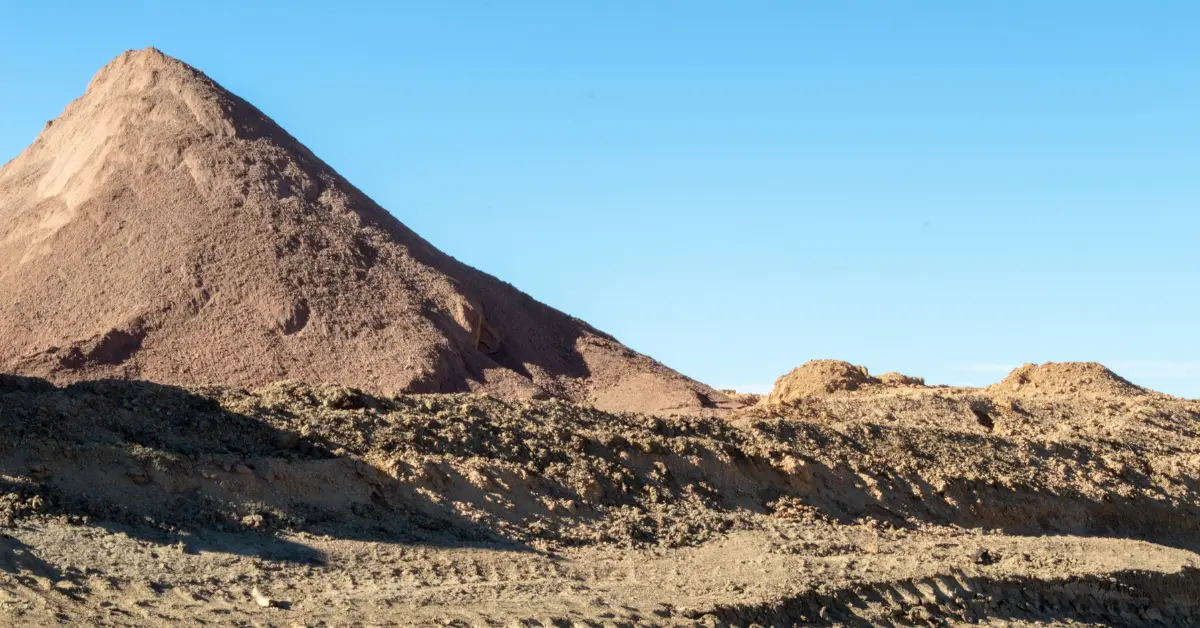
Before the rise of dirt purchasing platforms, contractors had to rely on manual sourcing methods that were often time-consuming and inefficient. Local suppliers sometimes lacked the necessary quantities, requiring multiple pickups or deliveries that extended project timelines. Price negotiations were also more challenging since contractors had limited visibility into competitive rates. Additionally, verifying soil quality required in-person inspections, which further delayed the procurement process. Transportation logistics added another layer of complexity, with many suppliers unable to provide reliable delivery services. These inefficiencies not only increased costs but also created uncertainty in project planning. As construction projects grow in scale and complexity, the limitations of traditional sourcing methods have driven contractors to explore more streamlined, technology-driven solutions. This guide will explore how contractors can use dirt sourcing platforms to simplify procurement, reduce costs, and improve efficiency. By shifting to digital solutions, contractors can access a wider range of suppliers, making it easier to find specific soil types that match project requirements. They will also gain a comprehensive understanding of where to find information online and how to maximize digital sourcing options.

Types of Dirt and Topsoil Available Online
When searching for dirt, topsoil, and planting mixes online, buyers will encounter a variety of soil products, each designed for specific landscaping, gardening, or construction needs. The most common option is standard topsoil, which serves as a foundational layer for lawns, gardens, and landscape beds. Topsoil is typically screened to remove debris and rocks, providing a loose, workable medium ideal for seeding grass, laying sod, or creating smooth planting surfaces. Buyers can also find specialized products such as compost, which consists of decomposed organic material and serves as a consequential soil amendment. Compost is commonly used to boost soil fertility, encourage microbial activity, and improve soil structure. Some suppliers offer mushroom compost or manure-based blends for even greater nutrient content. For landscaping or construction projects that require fill material, fill dirt is available online as a cost-effective option for grading, backfilling, or creating berms. However, it is less suitable for planting, as it often lacks organic matter and may contain small rocks or clay.
The Advantages of Selecting Nutrient-Rich or Pulverized Topsoil and Planting Mixes for Gardening and Landscaping
Choosing high-quality soil products is one of the most critical decisions gardeners and landscapers can make to ensure the long-term success and vitality of their projects. Nutrient-rich topsoil and specialized planting mixes are specifically formulated to provide the optimal foundation for healthy plant growth, offering a range of benefits that standard or low-quality dirt cannot match. One of the primary advantages of nutrient-rich topsoil is its balanced composition of essential minerals and organic matter, which supplies plants with the nutrients they need to establish strong root systems and thrive throughout the growing season. This improved nutrient availability not only supports vigorous plant growth but also enhances resistance to pests and diseases, reducing the need for chemical fertilizers or pesticides.
Pulverized topsoil, in particular, offers additional advantages due to its finely textured consistency. The pulverization process breaks down larger soil clumps, resulting in a loose and friable material that is easy to spread and incorporate into garden beds or landscape areas. This fine texture promotes superior soil aeration and drainage, ensuring that water and oxygen can reach plant roots efficiently. Well-aerated soil is less prone to compaction, which is crucial for root health and the prevention of waterlogging—issues that can stunt growth or even kill sensitive plants. The ease of working with pulverized topsoil makes it ideal for leveling lawns, filling low spots, or creating smooth planting surfaces for new gardens.
Specialized planting mixes take these benefits a step further by blending topsoil with organic amendments such as compost, peat moss, or aged bark. These ingredients work together to improve soil structure, increase moisture retention, and boost microbial activity. The result is a rich, living environment that supports robust plant development and promotes sustainable gardening practices. Planting mixes are particularly well-suited for raised beds, container gardens, or areas with poor native soil, as they provide a consistent and reliable growing medium tailored to the needs of flowers, vegetables, and shrubs.
Benefits of Finding Dirt Online
Convenience of Browsing Multiple Suppliers from Anywhere
One of the greatest advantages of using dirt purchasing services is the ability to explore a wide range of suppliers without geographical constraints. Contractors no longer need to rely solely on local options or travel long distances to secure materials. Instead, they can evaluate multiple vendors, review detailed product descriptions, and compare soil specifications from the comfort of their workstations. This accessibility ensures that contractors can find the exact type of dirt they need, whether for landscaping, grading, or structural support. Additionally, dirt buying websites often feature customer reviews and supplier ratings, helping buyers make informed decisions based on reliability, quality, and past client experiences. With more choices readily available, contractors can secure better deals while ensuring they receive high-quality materials for their projects.
Access to Bulk Dirt Quantities for Large-Scale Projects
Securing materials in significant volumes is essential for construction projects, and bulk dirt purchase online offers a seamless way to meet these demands. Instead of coordinating multiple small orders, contractors can place bulk requests with verified suppliers, ensuring they receive the necessary quantity without disruptions. Many online platforms provide real-time inventory updates, allowing buyers to confirm availability before placing an order. This reduces the risk of shortages that could otherwise delay progress. Additionally, bulk purchases often come with discounted rates, enabling contractors to cut costs while maintaining a steady supply. By leveraging digital procurement, construction teams can efficiently manage their resources and schedule deliveries according to project timelines, eliminating unnecessary delays and logistical challenges.
Opportunities to Compare Prices and Services Easily
Price transparency is a crucial factor in construction budgeting, and dirt supply platforms make it easier to evaluate costs across multiple vendors. Unlike traditional procurement methods, where price negotiations are often inconsistent, online platforms provide clear breakdowns of material costs, delivery fees, and additional services. Contractors can analyze different offers, ensuring they secure the best value for their budget without compromising on quality. Many suppliers also provide quotes upfront, reducing the need for prolonged negotiations and simplifying the decision-making process. Additionally, online marketplaces often feature promotional discounts or seasonal deals, offering further savings for buyers who plan their purchases strategically. With a better understanding of available pricing structures, contractors can make well-informed choices that align with both project needs and financial considerations.
Enhanced Efficiency in Delivery Scheduling and Coordination
Managing deliveries efficiently is a crucial aspect of any construction project, and dirt suppliers online provide greater control over scheduling and coordination. Many platforms allow buyers to specify delivery dates, ensuring that materials arrive precisely when needed. This level of planning helps contractors avoid storage issues and maintain workflow continuity. Additionally, some suppliers offer real-time tracking features, allowing project managers to monitor shipments and make adjustments as necessary. These tools eliminate uncertainty and minimize downtime, helping construction teams stay on schedule. By using digital procurement solutions, contractors can streamline logistics, reduce transportation delays, and maintain a well-organized supply chain from start to finish.
Key Factors to Consider When Choosing a Supplier
Selecting the right vendor for online dirt procurement requires careful evaluation to ensure quality, reliability, and cost efficiency. With numerous suppliers available, contractors must assess their options based on pricing, service consistency, and material specifications.
Cost-Effectiveness and Pricing Transparency
Budget considerations play a significant role in sourcing materials, making dirt purchasing options with transparent pricing essential. Online suppliers often provide detailed breakdowns of costs, including base material prices, transportation fees, and any additional charges. Unlike traditional methods, where pricing may fluctuate based on negotiations, digital platforms offer consistent rates that allow contractors to plan expenditures more accurately. Access to multiple vendor listings also enables buyers to compare costs side by side, ensuring they secure the best value for their investment. Some suppliers offer bulk discounts or loyalty programs that further reduce expenses for repeat customers. By analyzing cost structures in advance, contractors can allocate funds effectively while avoiding unexpected financial burdens.
Proximity to Job Sites to Minimize Transportation Costs
The location of a supplier can have a direct impact on project expenses, especially when factoring in delivery logistics. Choosing dirt suppliers online that operate near a job site helps reduce transportation fees and ensures faster turnaround times. Many online platforms allow buyers to filter search results based on geographical proximity, making it easier to connect with local vendors. Shorter delivery distances not only lower costs but also reduce the risk of scheduling disruptions due to transit delays. Additionally, regional suppliers often have a better understanding of local soil conditions, ensuring that the materials meet environmental and structural requirements. By considering proximity during the selection process, contractors can streamline procurement while maintaining efficiency in construction operations.

Quality Assurance: Verifying Soil Types and Specifications
Picking high-quality soil is essential for construction projects, as using the wrong materials can result in structural instability or regulatory issues. To ensure that the purchased soil meets project requirements, buyers should consider several key factors before finalizing their orders.
- Soil Composition and Texture – Different projects require specific soil textures and compositions, such as sandy, loamy, or clay-based dirt. Ensuring the right consistency helps with stability, drainage, and compaction, preventing issues down the line.
- Drainage and Moisture Retention – Soil drainage properties impact how well water is absorbed and distributed. Contractors must confirm whether the dirt meets the necessary retention levels to support foundations, landscaping, or grading work effectively.
- Laboratory Testing and Certifications – Some online dirt suppliers offer test results and certifications to verify soil quality. These reports confirm the presence of essential nutrients, pH levels, and contamination-free composition, reducing risks in construction.
- Supplier Reputation and Customer Reviews – Past buyers provide valuable insights into a supplier’s reliability. Reading customer feedback and checking third-party ratings help contractors determine whether a vendor consistently delivers high-quality materials.
- Sample Requests for Verification – Many platforms allow buyers to order small soil samples before committing to a bulk purchase. This ensures that the material aligns with project needs and avoids potential issues with incorrect deliveries.
By prioritizing these factors, contractors can prevent costly mistakes and maintain the integrity of their construction projects. Leveraging online resources for soil verification ensures that materials meet the necessary standards while reducing procurement risks.
Availability of Long-Term Supplier Relationships
For contractors handling multiple projects, establishing reliable partnerships with supply platforms can provide long-term benefits. Maintaining a consistent supplier relationship ensures steady access to materials, reduces procurement time, and may lead to preferential pricing arrangements. Many online platforms allow buyers to create accounts, track order history, and set up recurring purchases for future needs. Trusted suppliers also provide greater flexibility in handling urgent requests, ensuring that projects stay on schedule. Additionally, long-term collaboration fosters better communication, allowing buyers and sellers to address potential challenges proactively. By building a strong supplier network, contractors can secure reliable dirt sources while improving operational efficiency over time.
A Contractor’s Dirt Buying Guide
Understanding how different platforms operate is key to making well-informed decisions. Some suppliers specialize in one-time transactions, while others focus on large-scale orders with long-term availability. By familiarizing themselves with the various digital procurement tools available, contractors can streamline the process, reducing unnecessary delays and minimizing the risk of purchasing unsuitable materials.
Tips for Navigating Online Dirt Procurement Platforms
Navigating dirt buying websites efficiently requires more than just selecting a supplier and placing an order. Contractors must take a proactive approach to evaluating vendors, comparing soil specifications, and understanding purchasing policies to avoid unexpected challenges.
- Verify Supplier Credibility – Before committing to a purchase, contractors should research supplier history, customer feedback, and industry affiliations. A reputable vendor will have transparent business practices, clear contact information, and a proven track record of delivering quality materials.
- Utilize Platform Search Filters – Many platforms allow users to refine their searches based on factors such as location, soil type, and price. Using these filters streamlines the selection process, making it easier to find materials that meet specific project requirements without unnecessary delays.
- Review Terms of Service and Return Policies – Understanding the fine print is essential when purchasing soil online. Contractors should check policies regarding order modifications, cancellations, and refunds to ensure they have recourse in case of incorrect deliveries or subpar materials.
- Request Custom Quotes for Bulk Orders – Some suppliers provide personalized pricing for large-scale purchases. Reaching out directly to vendors can help contractors secure better rates, negotiate delivery terms, and arrange for long-term procurement solutions based on project demands.
- Ensure Secure Payment Options – Protecting financial transactions is a key consideration when using dirt purchasing services. Buyers should only use platforms that offer secure payment gateways, fraud protection measures, and verified supplier accounts to minimize risks.
By following these steps, contractors can streamline the procurement process, reduce potential setbacks, and ensure they receive the right materials at competitive prices. Taking the time to evaluate suppliers and transaction policies before making a purchase helps avoid complications while maximizing project efficiency.
Differentiating Between One-Time and Bulk Purchase Options
Not all projects require the same volume of materials, making it important to distinguish between suppliers that offer single-load deliveries and those specializing in larger quantities. Online dirt suppliers cater to a variety of needs, with some focusing on small-scale orders while others are equipped to handle bulk transactions with flexible scheduling. For ongoing construction projects, establishing a consistent supplier relationship ensures a steady supply of materials without the need for frequent renegotiations. In contrast, short-term projects may benefit from one-time purchases that do not require long-term commitments. Understanding which type of purchase best suits a particular job helps contractors maintain cost efficiency while ensuring they have access to the right amount of soil at the right time.
Leveraging Reviews and Comparison Tools to Find Trusted Suppliers
The ability to compare vendors side by side is one of the biggest advantages of sites for finding dirt online. Unlike traditional procurement methods, which often limit options to local suppliers, digital platforms provide access to a wider network of vendors. Many sites offer comparison tools that enable contractors to assess factors such as pricing, delivery timelines, and customer satisfaction ratings. Reading past buyer reviews can provide valuable insights into supplier reliability, soil consistency, and customer service responsiveness. Verifying seller credentials, including certifications or industry affiliations, further ensures that the chosen supplier meets project standards. By using available research tools, contractors can make informed purchasing decisions while reducing the risk of receiving subpar materials.
Negotiating Favorable Terms for Bulk Purchases
Securing the best pricing for large-scale orders requires careful negotiation, as bulk transactions often come with opportunities for discounts or additional services. Many dirt purchasing services offer tiered pricing structures, where the cost per unit decreases as order volume increases. Engaging in direct communication with suppliers can help contractors secure favorable rates while ensuring that delivery schedules align with project timelines. Some vendors offer additional benefits, such as extended payment terms or complimentary delivery for high-volume orders. Understanding how to approach negotiations enables buyers to maximize value while ensuring that materials arrive on schedule. Contractors who take the time to negotiate effectively can significantly reduce expenses without compromising on quality or service reliability.
How to Calculate Soil Needs for Your Project
Accurately estimating the amount of dirt or topsoil required is a foundational step in any construction or landscaping project. Underestimating can lead to costly delays and the need for additional orders, while overestimating results in wasted resources and unnecessary expenses. The most effective way to calculate soil needs is to use material calculators, which are widely available on many supplier websites. These tools allow contractors and homeowners to input key project dimensions to generate an estimate of the volume of dirt required, typically measured in cubic yards or cubic meters. For instance, if you are filling a rectangular garden bed, you would measure its length and width, then determine the desired soil depth. By entering these numbers into a material calculator, the tool will quickly compute the total volume needed, saving time and reducing the risk of manual miscalculations.
Material calculators are especially valuable for projects with irregular shapes or varying depths. Some advanced calculators allow users to select from different project types, such as raised beds, lawns, or backfill areas, and even adjust for factors like soil compaction or settling. This flexibility ensures that estimates are tailored to specific project requirements, resulting in more precise orders. Additionally, many calculators provide guidance on how to convert between different units of measurement, which is particularly useful when supplier quantities are listed in cubic yards but project plans use feet or meters.
Logistics and Delivery Considerations
Coordinating Timely Deliveries to Avoid Project Delays
Construction projects operate on strict timelines, making efficient delivery coordination a key component of procurement. Delays in receiving materials can lead to downtime, affecting labor schedules and overall project completion. Contractors using dirt purchasing services should confirm delivery estimates before placing orders, ensuring that suppliers can meet the required deadlines. Communicating with vendors about expected arrival times and potential scheduling conflicts helps prevent unexpected setbacks. Many online suppliers offer estimated transit times, allowing contractors to plan around the arrival of materials. Establishing a backup plan in case of transportation issues ensures that progress continues uninterrupted.
Assessing Hidden Costs: Shipping, Handling, and Miscellaneous Fees
The initial price of materials is only part of the total expense when ordering from dirt supply platforms. Additional costs such as transportation, packaging, and offloading fees can significantly impact a project's budget. Contractors should carefully review pricing structures to identify any hidden charges that may arise throughout the procurement process. Some suppliers bundle costs into a flat rate, while others break down expenses separately. Comparing different vendors helps buyers determine the most cost-effective option. Understanding how distance, weight, and special handling requirements influence final pricing allows for more accurate budget planning. Avoiding unexpected fees ensures that projects remain within financial constraints while maximizing the value of each purchase.
Tracking Deliveries for Better Project Management
Monitoring shipments in real time helps contractors maintain control over their supply chain and make adjustments as needed. Many dirt purchasing options include tracking services that provide live updates on shipment status, allowing for proactive decision-making. Knowing exactly when materials will arrive enables teams to schedule labor accordingly, preventing wasted hours on-site. Tracking also helps identify potential delays early, giving contractors the opportunity to coordinate alternative solutions if necessary. Some suppliers provide digital notifications or direct communication with logistics teams, ensuring that buyers stay informed throughout the entire process. Staying organized with delivery tracking reduces disruptions and keeps construction projects running smoothly.

Embracing online dirt procurement allows contractors to simplify sourcing, compare suppliers, and manage logistics more efficiently. By leveraging digital platforms, buyers gain access to a broader range of materials, competitive pricing, and convenient delivery options. Careful planning, from selecting reputable vendors to coordinating shipments and storage, ensures a smooth procurement process that keeps projects on schedule. With the right approach, contractors can maximize cost savings while securing high-quality materials tailored to their construction needs. As technology continues to advance, sourcing dirt online will remain a valuable tool for improving efficiency and reliability in the industry.

.svg)




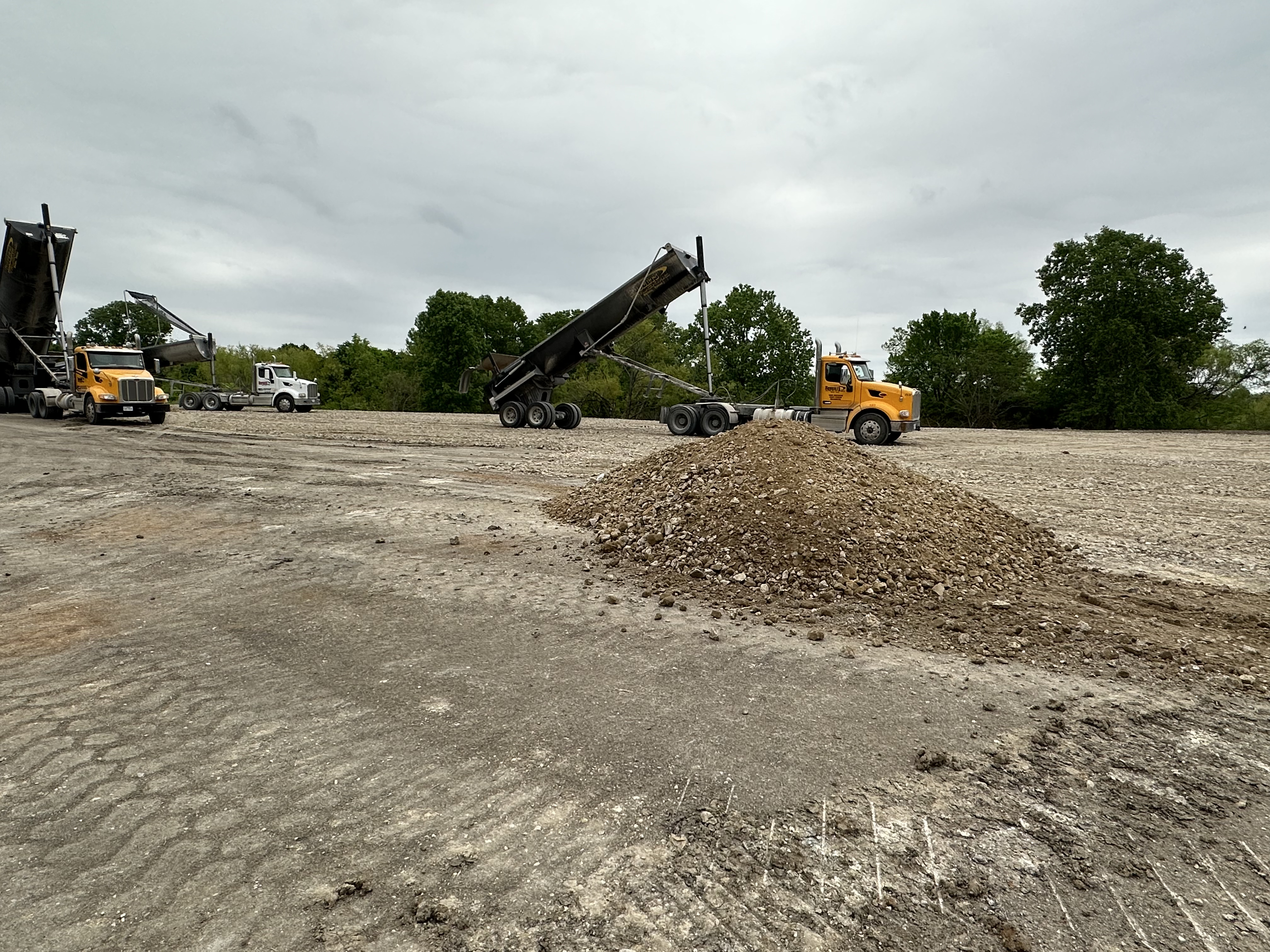

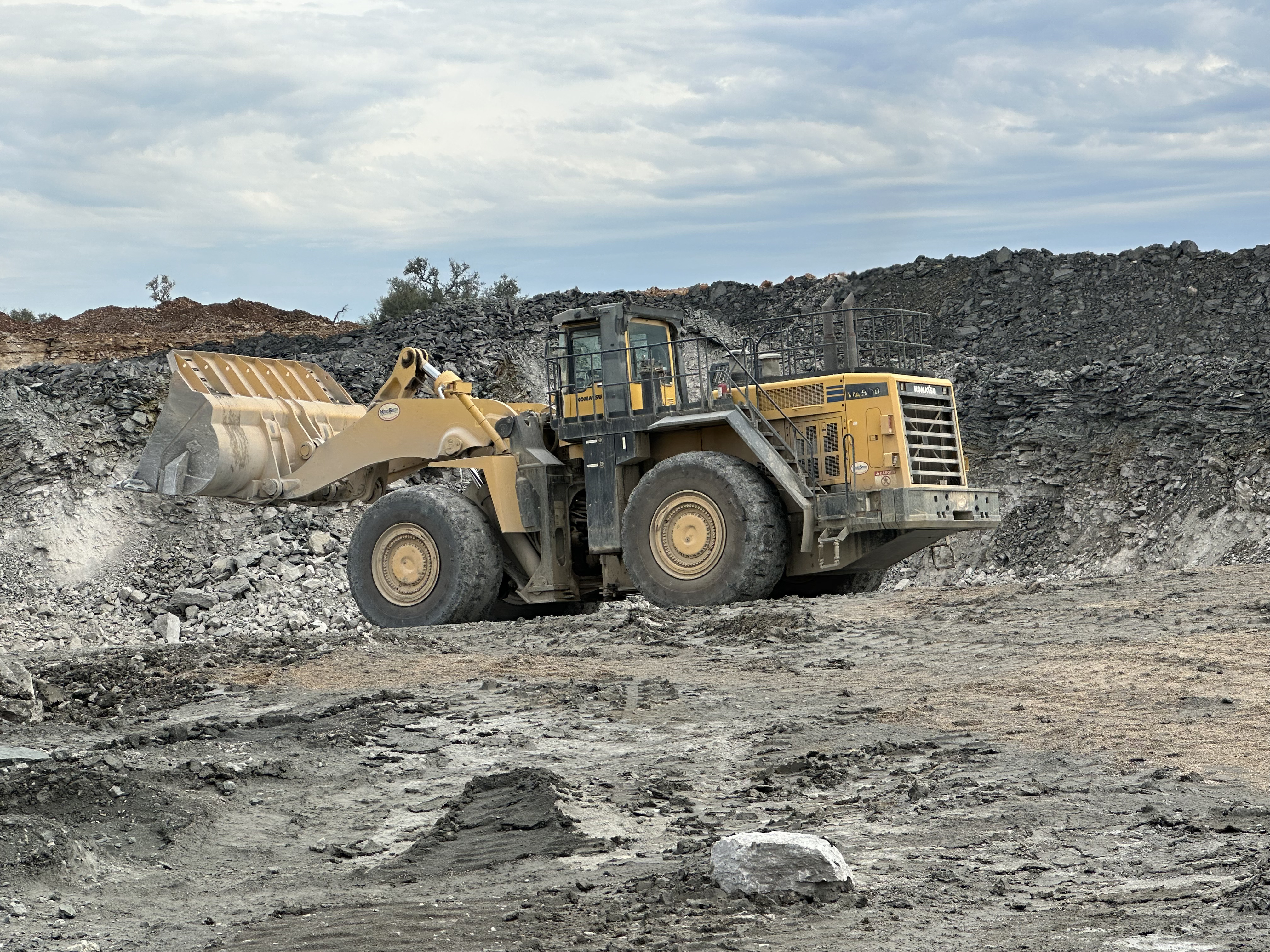





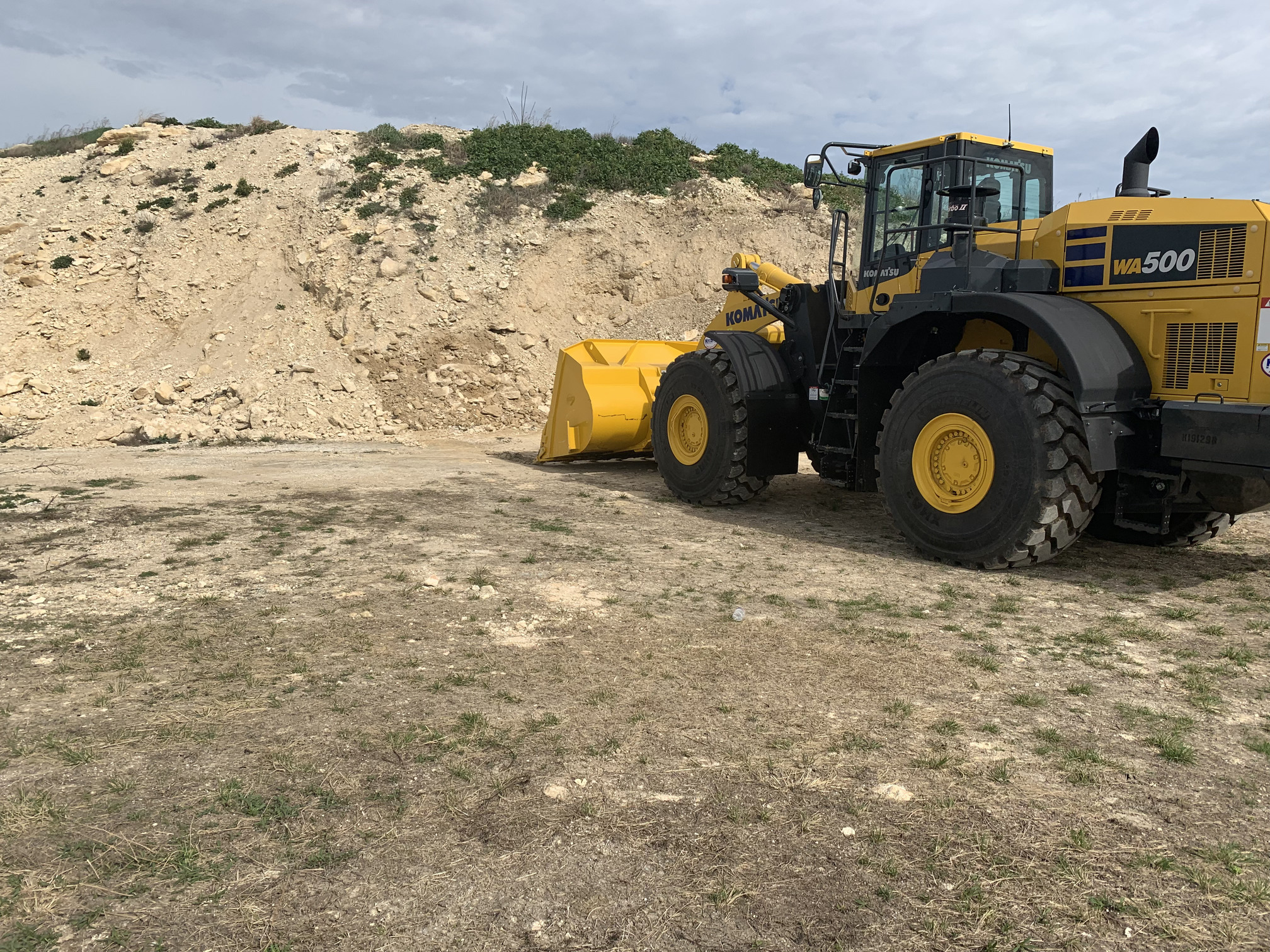
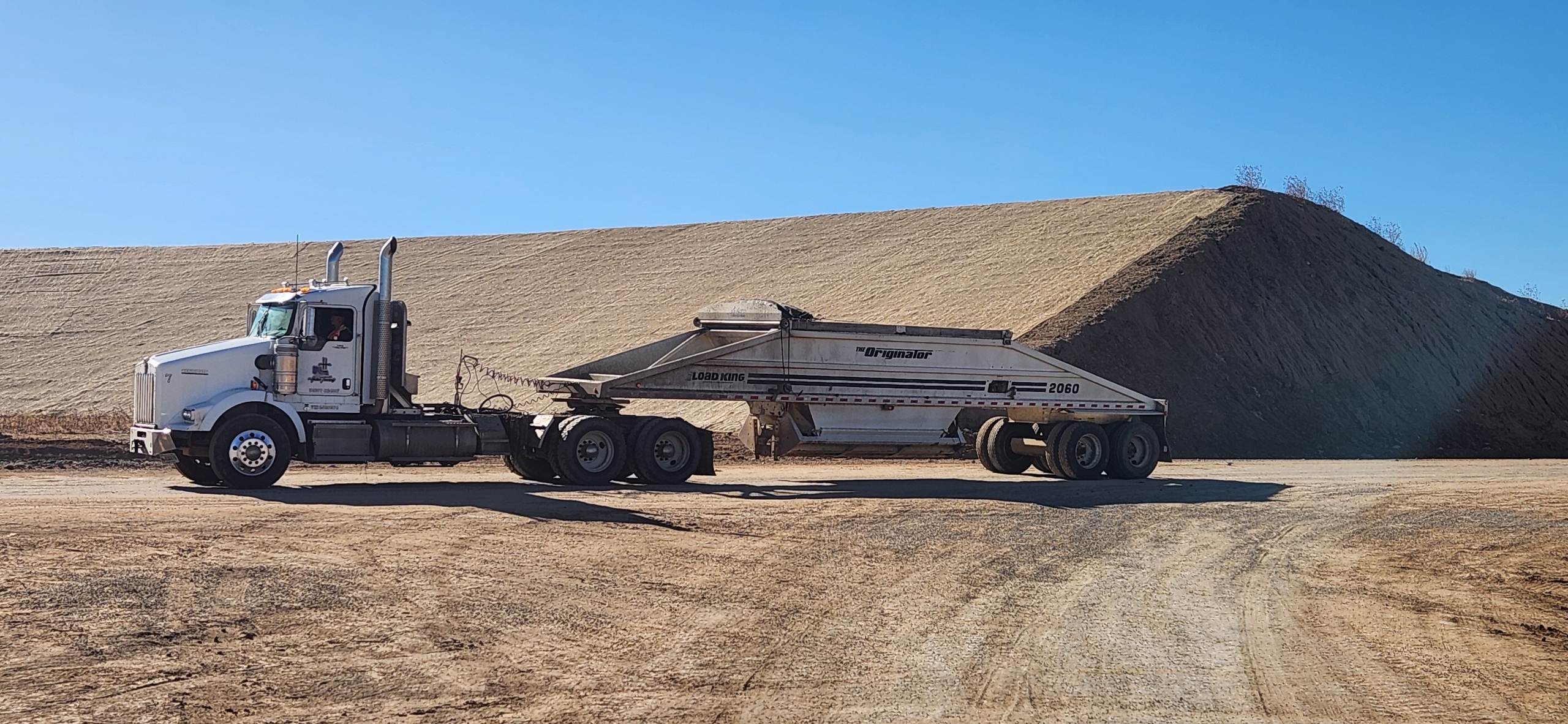
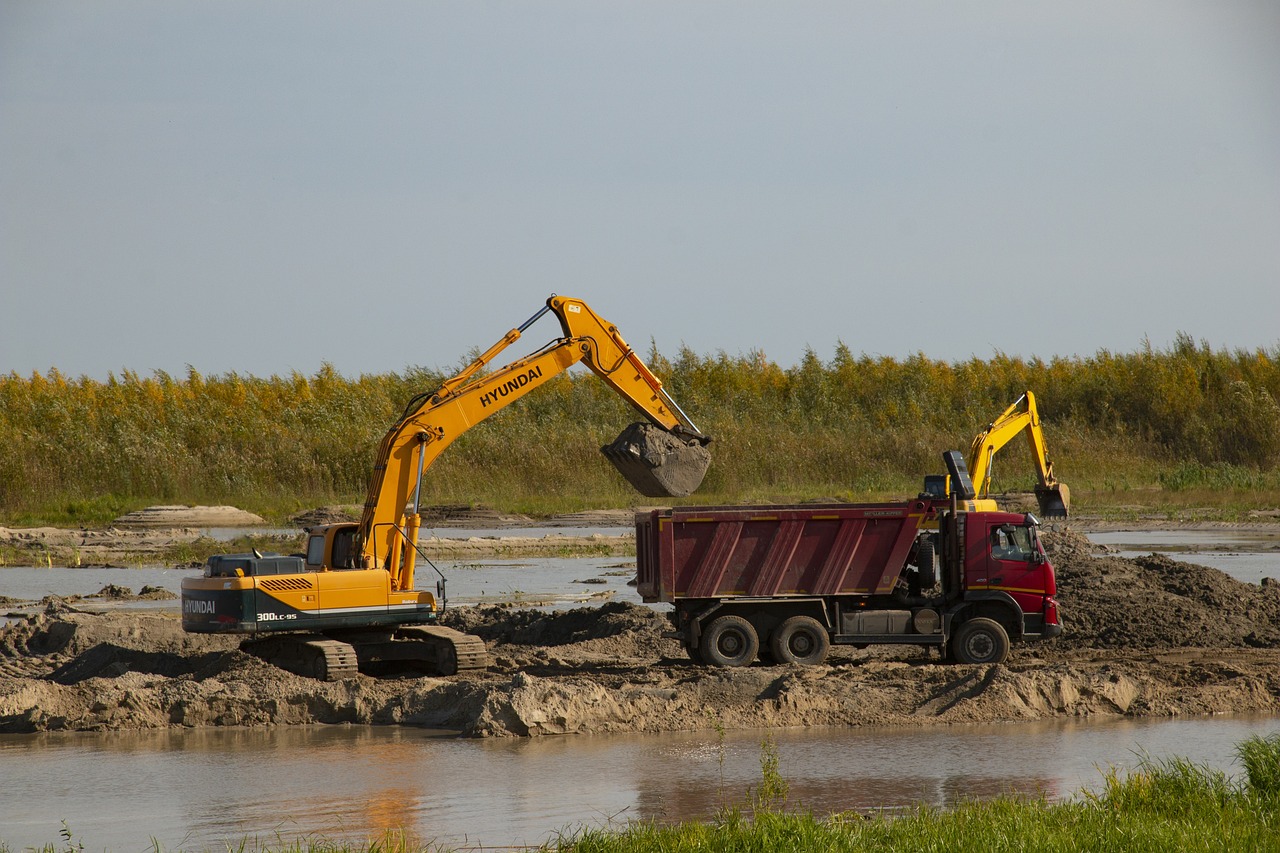

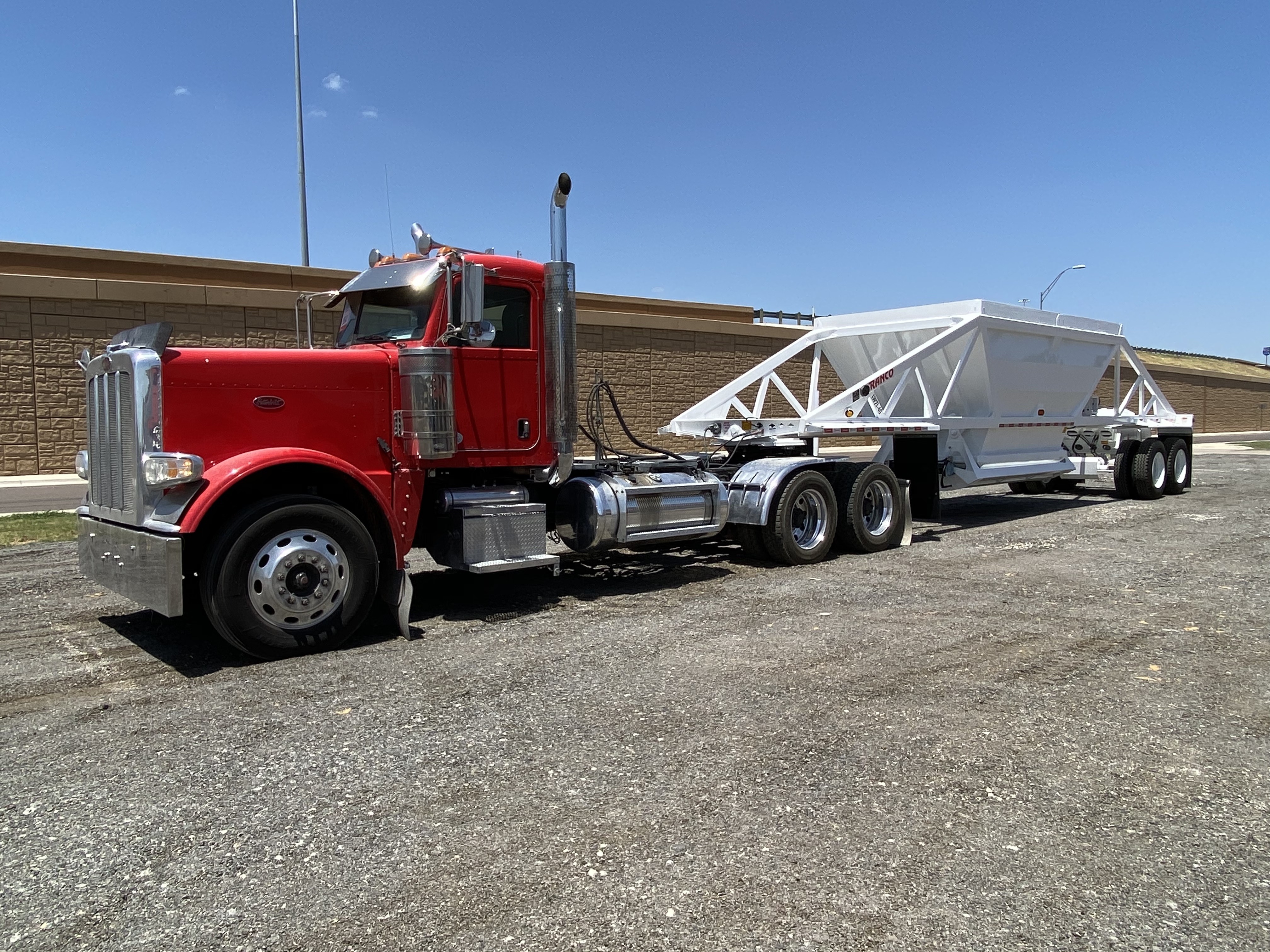
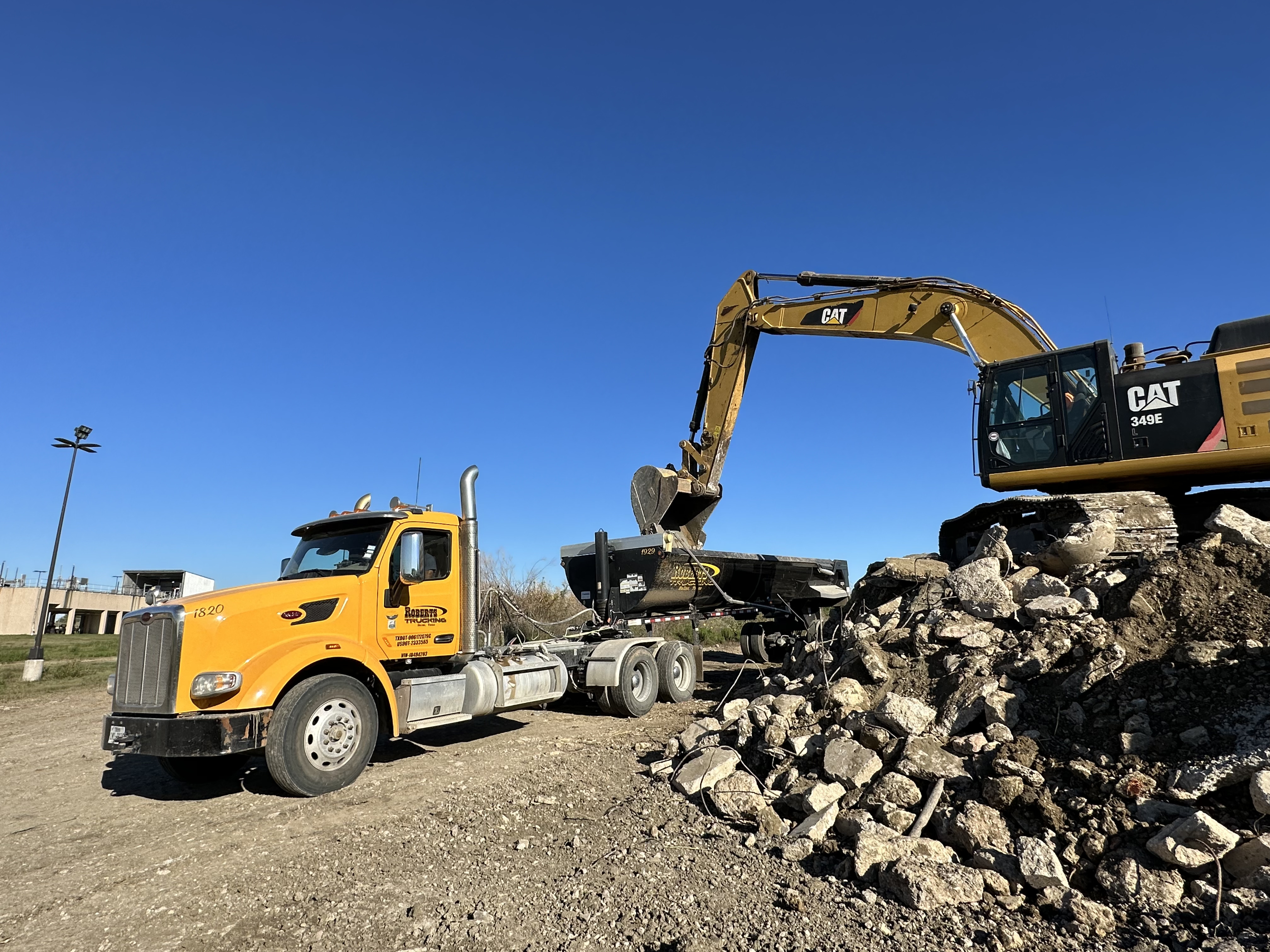
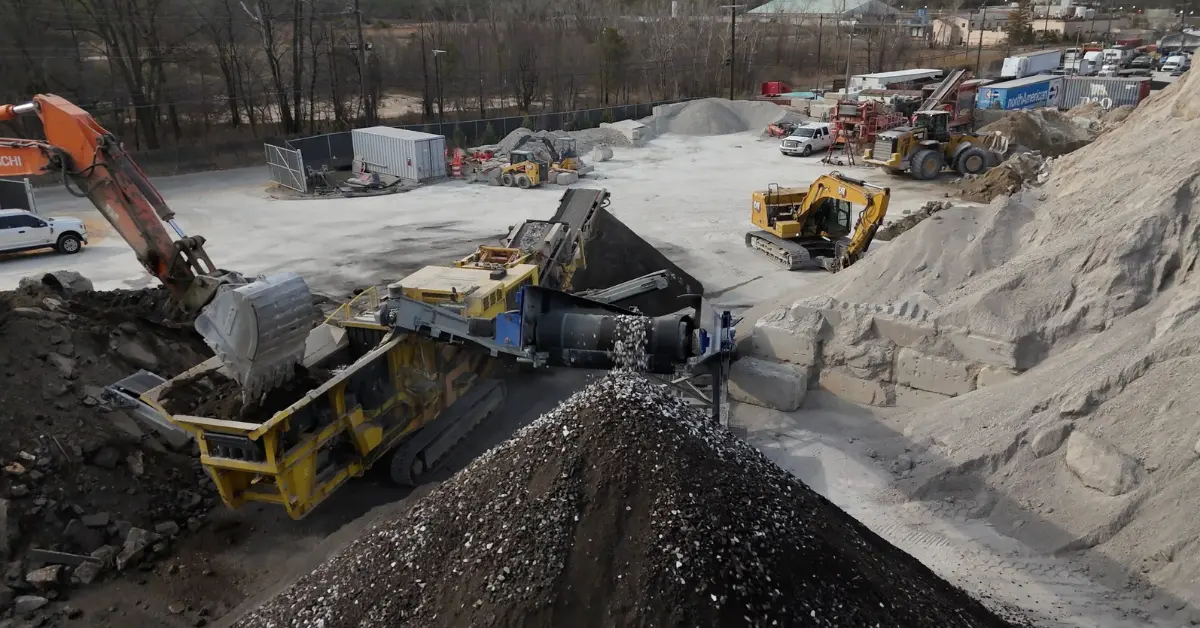
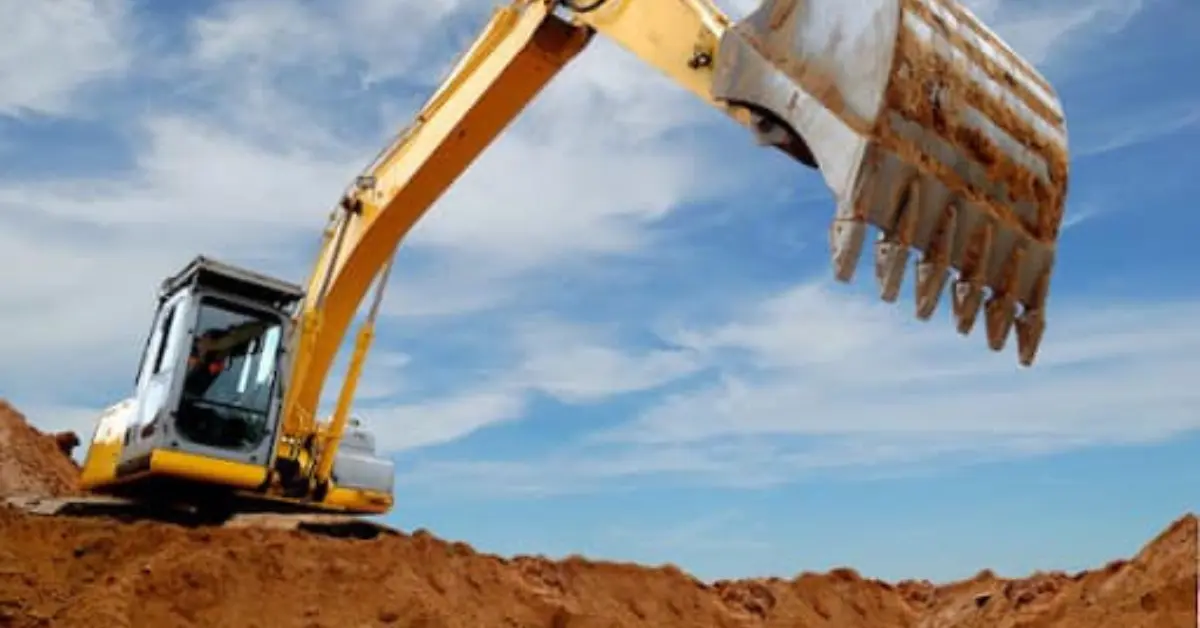
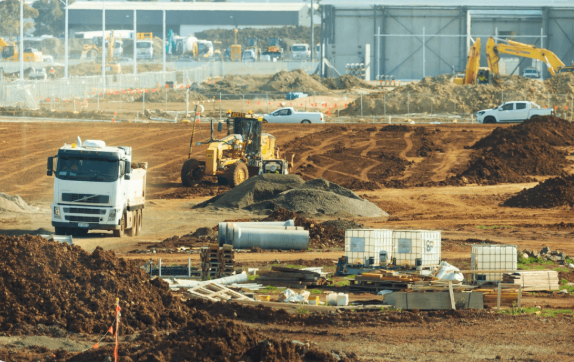
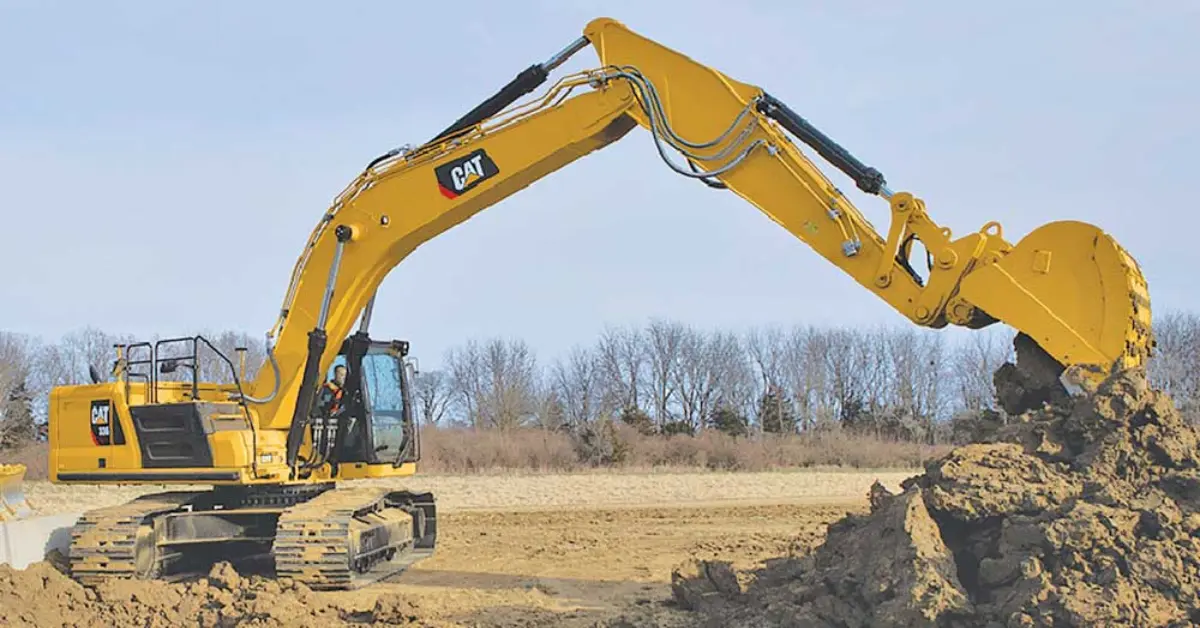
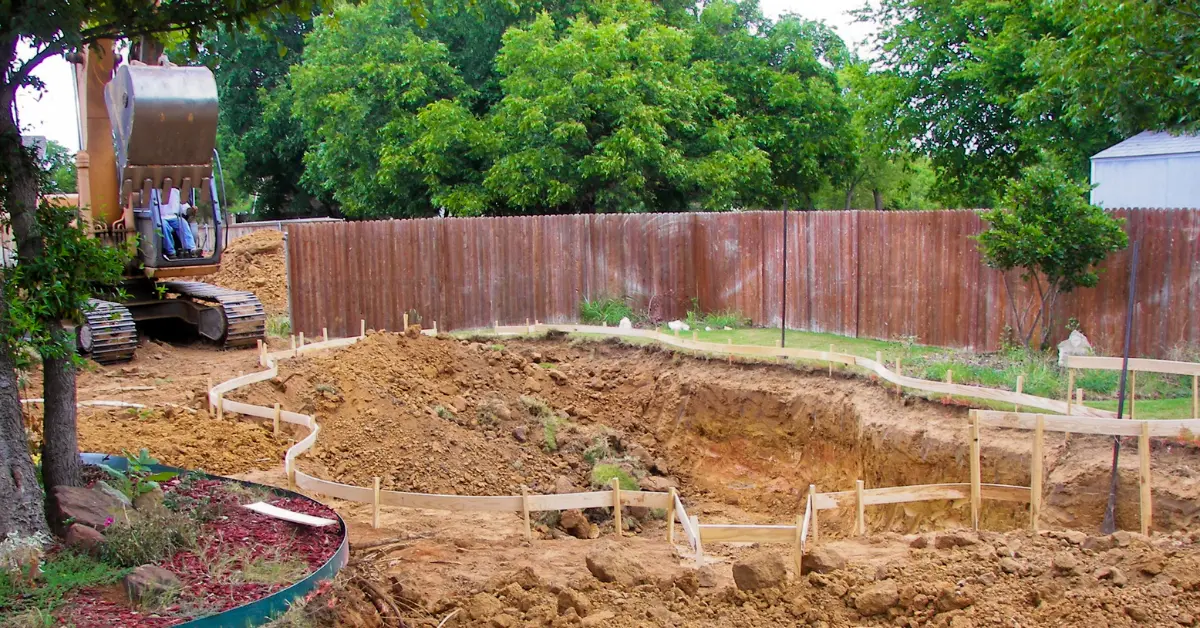
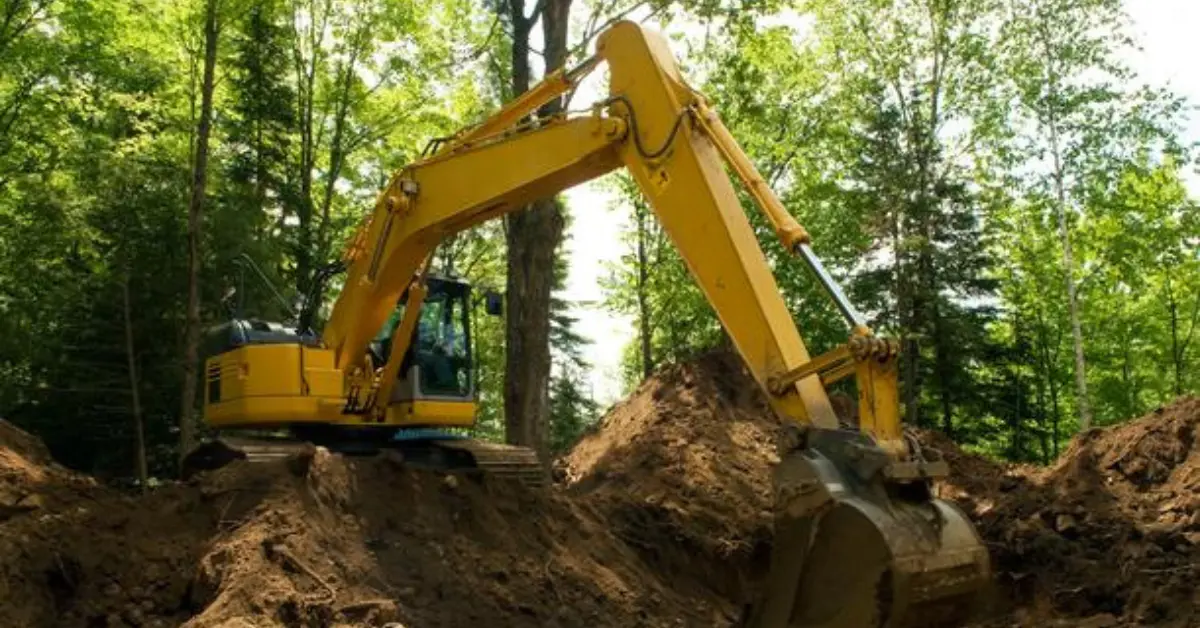
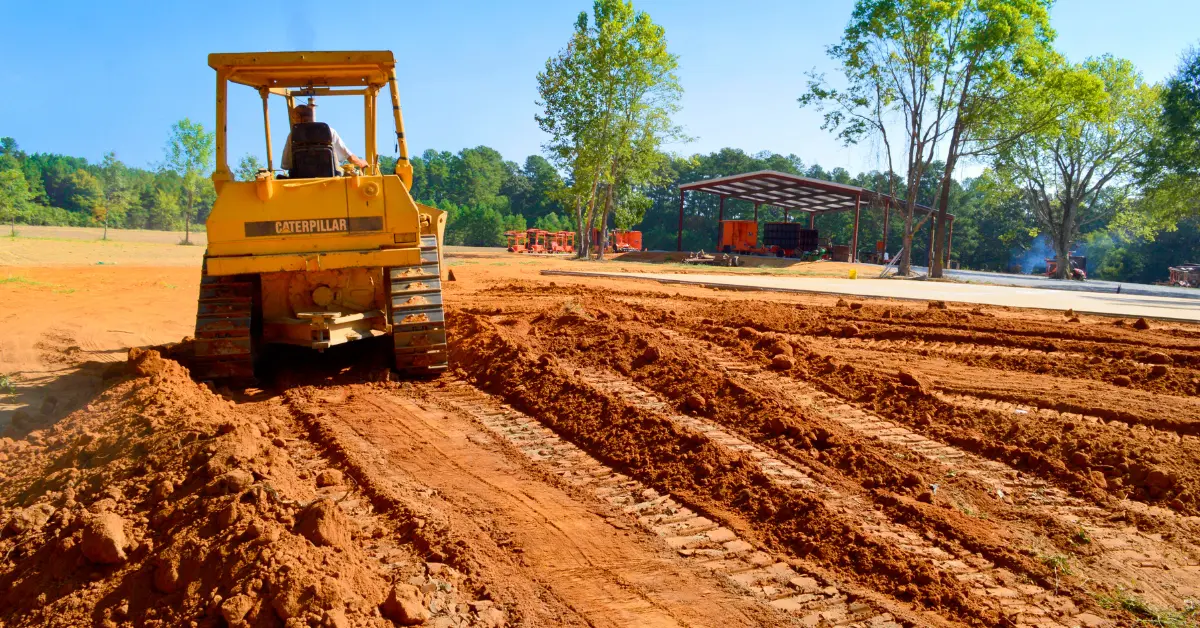
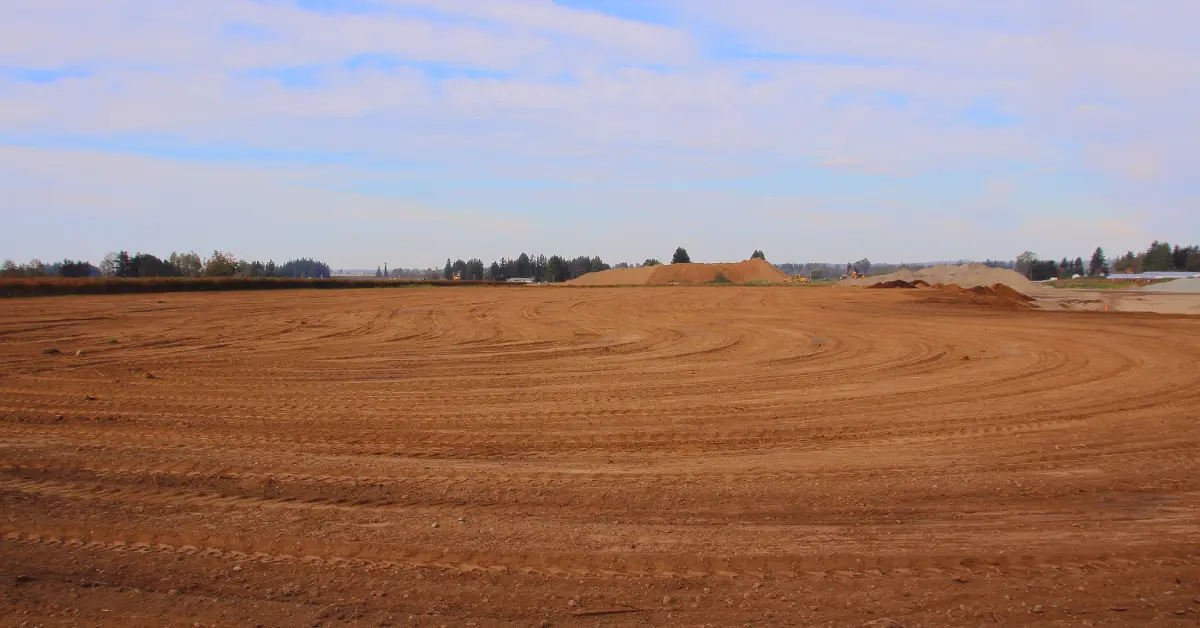



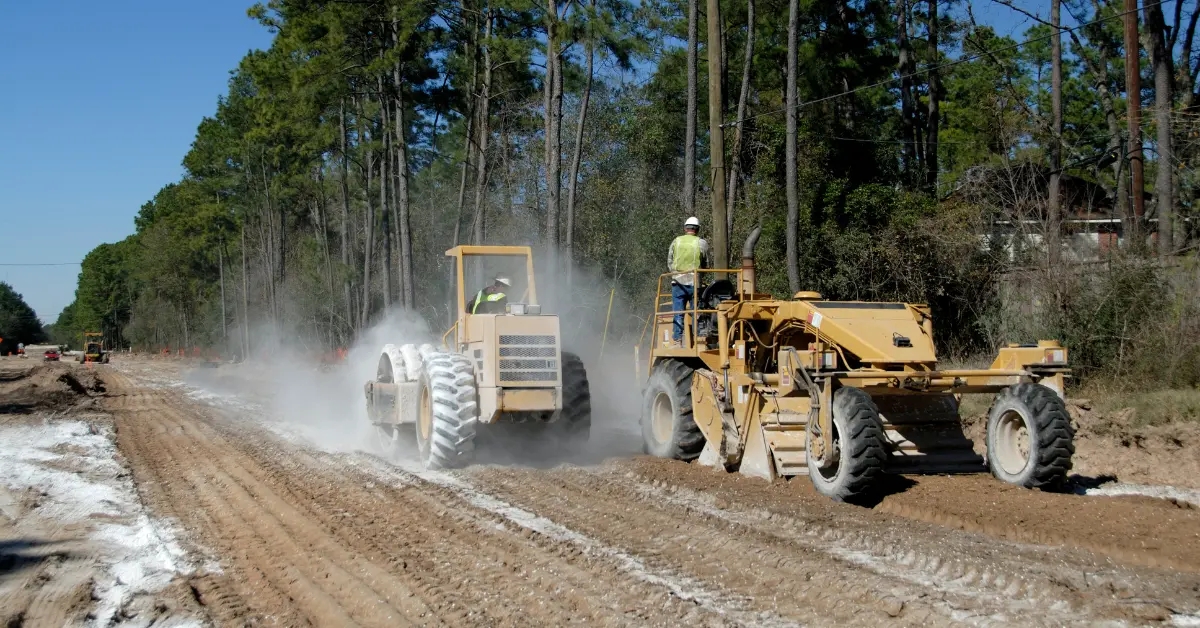




.jpg)

